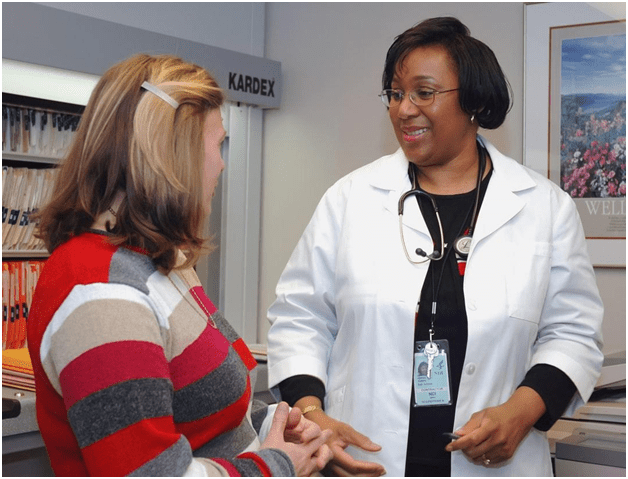There are many things to consider when preparing for rehab treatment. The first step is to understand what to expect and how to best prepare for it. Rehabilitation centers offer a variety of programs that can help people with substance use disorder. Programs vary in length, focus, and intensity. Some people may only require a brief stay in rehab, while others may need to stay for a longer period of time. So, when preparing for a California Rehab Campus treatment center, for example, it’s important to be organized for it. Here are some tips on how to get ready for a rehab treatment center.
Table of Contents
ToggleSpeak with your doctor.
The first step is to talk to your doctor about your addiction and the type of rehabilitation treatment you need. Your doctor can help you find the best rehab center for your specific requirements. Some questions to ask your doctor about a rehabilitation treatment center include:
- What goals should I set?
- What type of treatment is best for me?
- What should I expect during recovery?
- What are the risks?
- What are the costs?
- What insurance coverage do I have for treatment?
- What are the side effects?
- How long will I need to stay?
- Can I continue to work while in recovery?
- What is the success rate?
Talk to your family and friends.

It’s important to have the support of your family and friends when you are going through rehab. They can provide emotional support and help you stay accountable. This may be a difficult conversation to have, but it’s important that you have it. You need to tell your family that you are going to rehab so that they can support you during your treatment. Choose a time and place where you can have privacy and where your family will be able to focus on what you have to say. Avoid just saying, “I’m going to rehab.” Instead, introduce the topic gently, and let your family know that you are thinking about treatment. Explain why you are thinking about rehab and let your family know that you are serious about getting help. Additionally, ask your family for their support during your treatment. Let them know that you will need their help to get through this. Finally, thank your family for their support and let them know that you appreciate their help.
Get rid of distractions.
Remove any distractions from your life that may interfere with your rehab treatment. This may include getting rid of any drugs or alcohol in your home, removing temptations, and deleting any addictive apps or websites from your phone or computer. Another way to get rid of distractions is to stay calm, and you can use relaxation techniques to achieve this. Deep breathing is a great way to calm your body and mind. Try to take a few deep breaths, and focus on releasing any tension you may be feeling. If you can, try to distract yourself from the thing that is making you anxious. Watch a movie, read a book, or take a walk.
Arrange for aftercare.
After rehab, you will need to continue your treatment in an aftercare program. Make arrangements for aftercare before you leave rehab. This may include meeting with a counselor or attending support group meetings. There are many different types of aftercare, and the best one for you will depend on your individual needs. Some common types of aftercare include outpatient counseling, 12-step meetings, and sober living homes. It’s important to find an aftercare program that you are comfortable with and that will continue to support your sobriety.
Rehab treatment can be an important step in overcoming addiction. By preparing for it ahead of time, you can make the most of your time in rehab and increase your chances of success.
Categories
Recent Posts
Advertisement


